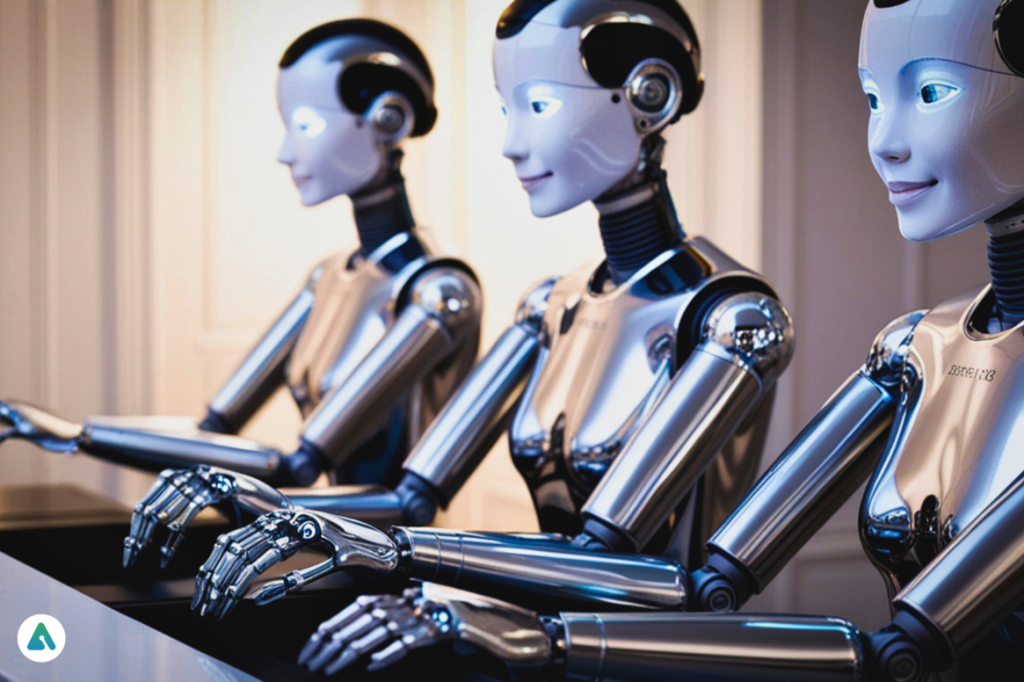Artificial intelligence isn’t just a buzzword—it’s already reshaping workplaces across the U.S., and Senator Bernie Sanders is raising the alarm. In his report, The Big Tech Oligarchs’ War Against Workers, Sanders warns that up to 100 million jobs could vanish over the next decade as automation and AI tools replace human labor.
The sectors most exposed are staggering: 89% of fast-food roles, 64% of accounting jobs, and 47% of long-haul trucking positions could be automated. For millions of Americans, the prospect of losing steady work is fueling anxiety—and a sense that the AI revolution is moving faster than anyone can adapt.
But here’s the nuance: the 100 million figure comes partly from a model generated using ChatGPT, and many economists argue it overestimates the pace and scale of displacement. Labor market churn, evolving industries, and new AI-created roles could offset some losses. Critics caution against panic, though Sanders insists the warnings are necessary to push policy before it’s too late.
The senator’s proposals aim to give workers a fighting chance in the AI era. They include a “robot tax” on companies replacing human labor, funding for retraining programs, a 32-hour workweek, and increased worker influence in corporate decision-making. The idea is to ensure that automation doesn’t just enrich a handful of AI-powered corporations while leaving millions behind.
The debate is heating up. Opponents argue that heavy taxation on automation could slow innovation and hinder U.S. competitiveness, while supporters say that without proactive protections, the economy risks a deepening divide between tech elites and everyday workers.
As AI tools roll out at breakneck speed—from self-checkout kiosks to automated accounting software—the question isn’t if jobs will change, but how fast and whether workers will be ready. Sanders’ report may be controversial, but it underscores a critical reality: the AI revolution is here, and the clock is ticking for policymakers and workers alike.
Visit: AIInsightsNews


